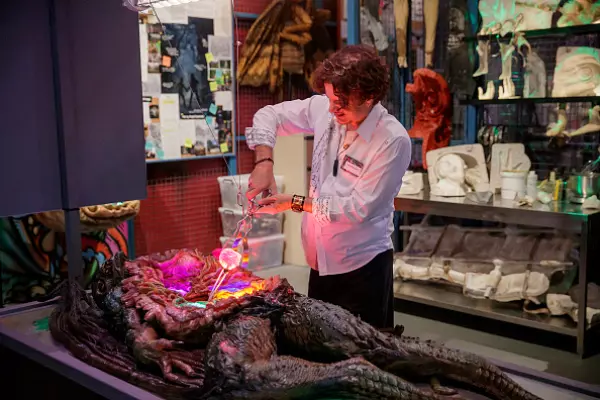The chief executive officer of a Māori network agency says that although the Statistics New Zealand reporting of the Māori authorities “paints a good picture” of the Māori economy, the data doesn’t capture the real data because the department doesn't have a way of truly defining a Māori-owned small-to-medium enterprise or sole trader.
Her remarks follow Stats NZ’s report that was released Friday, showing Māori authorities have increased employment by 480 over the March 2023 quarter, increasing the value of earnings by Māori employees by $17 million.
'You do the math'
The CEO of Whāriki, Trina Tamati, said the Māori authorities that are reported on only make up a small portion of the Māori economy.
"Māori authorities are the only thing Stats NZ can hand-on-heart report on because they don't have a way of truly defining, nor capturing, a Māori-owned SME or sole trader.
“They’re reporting on $883m in a $70 billion economy, you do the math.”
She said while it’s great for Māori authorities, it is our Māori businesses (about 23,000) and Māori sole traders (about 38,000) that need support.
“No disrespect to the mahi [work] the authorities are doing, but if the government agencies only continue to report on one small portion of the economy, it’s yet again detracting from where the real work needs to happen to make a really significant change for our people.”
Tamati said the 23,000 SMEs tend to employ Māori at much higher rates than any other employer.
“It is these guys that we need to be focused on supporting far more and building their capability and capacity so that they can continue to pay the taxes and employ more Māori people so that we lower unemployment rates and help our communities to thrive.”
It is Tamati’s goal to double the Māori economy within five years.
Māori businesses
She said to achieve this, she wanted to create an environment for Māori-owned businesses to employ more Māori. Tamati identified 60,000 pakihi Māori (Māori businesses) in NZ.
For a meaningful change in equitable outcomes for Māori, pakihi Māori needed to employ three people every year for the next five years.
The more realistic goal is that 10% of the businesses (about 6,000) employ three staff every year for the next five years on $65,000 to $75,000 salaries a year, she said.
“Now, some of those businesses might be able to employ more than three – some might not be able to employ any.”
The Stats NZ report identified that wāhine Māori (Māori women) filled nearly 200 more jobs than Māori men. The increase for women was 330 and, for men, an increase of 150.
The total earnings for women were up by $10m compared to the males' total earnings of $6m but, overall, men were in higher-paying jobs.
The industries hiring more Māori are mainly services and primary industries. Goods-producing industries dropped by 10 jobs.
There was a $35m increase within the services industry – professional, scientific, technical, administrative and support services, which is a jump of 43%.
Healthcare and social assistance dropped by 23%, down by $29m.
The total value of sales by Māori-owned entities increased by $15m, to $883m.
Although Māori authorities exported $181m worth of goods, it was down by $5m (2.8%) in the March 2023 quarter compared to the same time last year.
Since this story was published, Statistics New Zealand has advised that last year it released a definition of a Māori business, which was developed with a cross-sector working group.















